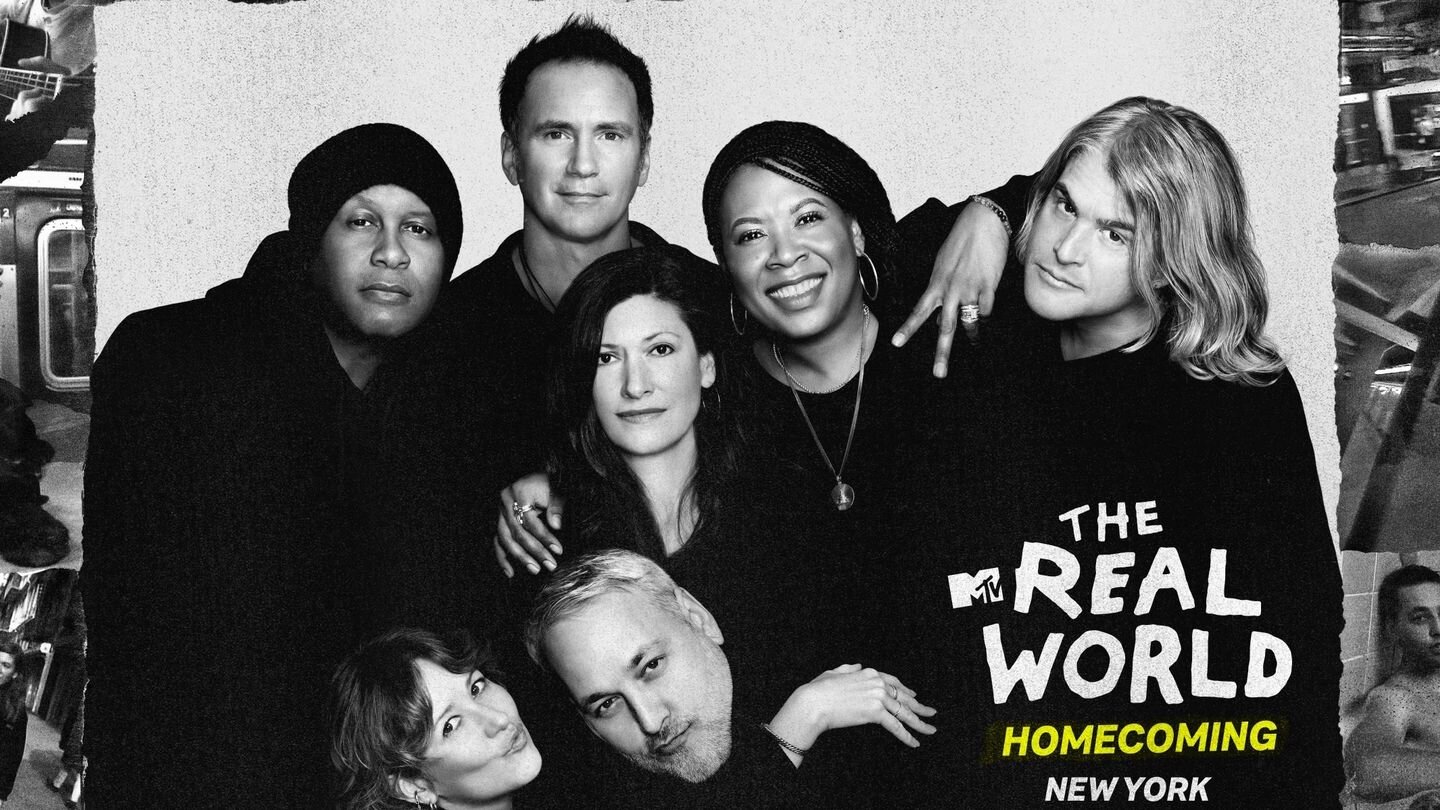Our Spilt Milk: Dua Lipa Dances Through Heartache, Mamman Sani Plays African Future Folk

Our favorite things this week include new Dua Lipa and electronic music from the '70s and '80s from Niger.
Dua Lipa is proving once again she dances her way through heartache. She’s made a name for herself with upbeat bangers about moving on, and her newest disco-inspired singles show she’s keeping with it. “Don’t Start Now” feels more classically disco, and in it she sings, “I’m all good already / So moved on, it’s scary / I’m not where you left me at all, so.” There’s an indifference in the lyrics to the you she sings about, and she instead prioritizes going out and dancing regardless of anyone else’s feelings.
Her more recent single, “Physical,” doesn’t discuss heartache explicitly, but it feels like an extension of that same disregard for anything besides dancing. In the midst of this week's incredibly dense news cycle, I've found this song on repeat in my car and in my headphones. The video for it is excitedly vibrant, with very simple costuming and a rotating color scheme. Dua Lipa has been criticized for coming off a bit stiff, but she plays to that to create an image of herself that’s stoic and sultry. She’s not the most natural dancer, but she certainly won’t stop making music for and about dancing. And I’ll be dancing right along to it. (Marisa Clogher)
I ran across Sahel Sounds’ Bandcamp page last year when doing research on Tuareg guitarist Mdou Moctar before he played Jazz Fest. The label specializes in African music, and it’s where I learned about Les Filles de Illighadad, the three-woman Tuareg group that will play Jazz Fest this year. Much of the label’s output highlights the role of smartphone technology in the dissemination that is deeply rooted in folk traditions, whether its the Music from Saharan Cellphones compilations, inspired by the practice of users swapping SIM cards as a way of sharing music, or the Music from Saharan WhatsApp series—EPs recorded using WhatsApp and uploaded directly to Bandcamp.
Sahel Sounds has also released music by North African emcees and DJs, all of which tries to find contemporary expressions of traditional music. In the albums by Mamman Sani of Niger, he makes old school electronic music inspired by the music around him as well as the keyboards available to him. Like the Tuareg guitarists, Sani’s music is hypnotic as he drones, playing circular the musical motifs of folk music melodies over one or two chords. The rhythm is just as insistent as those played by guitar-led bands but stiffer, buttressed by programmed drums.
I prefer the more austere La Musique Electronique du Niger from 1978 to Taaritt, recorded between 1985 and 1988, but that has a lot to do with the textures he plays on electric organ and analog synths. I have shorthanded La Musique Electronique du Niger for a friend as Suicide’s Martin Rev minus the urban dread. Sani works with a very limited musical palate including a ticking drum machine and a slightly abrasive keyboard sound, and it sounds avant-garde for different reasons, depending on the context. Next to western music, his electronic drones sound akin to the minimalist experiments of La Monte Young; in Niger, he had the only electronic keyboard at one point, and transposing traditional melodies to a new instrument makes familiar gestures sound bracingly new.
Sani clearly upgraded his gear in the two years between La Musique Electronique and Taaritt. He programmed the drums for Taariit on the Roland TR-505, which gave them more tonal and rhythmic range, and polyphonic synths allowed him to play more with the mood and atmosphere. As the cover art and Sani’s sonic vocabulary suggests, science fiction was a key reference point for Taaritt, which gives the album a place in the Black Starliner/Afrofuturist canon, even as it sounds like it lives on a spectrum with the work of early ‘80s French electronic music pioneer Jean-Michel Jarre.
Sani’s albums seem improbable, and in ways they are. He bought his first organ while in Europe in 1974, and he was self-taught. The organ helped him get work with the national television station recording incidental music to suit the its needs. His music had no place in musical marketplace and only reached a wider audience with Sahel Sounds helped his albums reach an international audience starting in 2013. But they’re also a reminder that avant-garde impulses don’t only live in halls of art and academia, and that no matter what we think we know about African countries, we really know less than that. (Alex Rawls)






